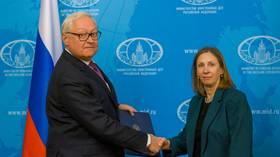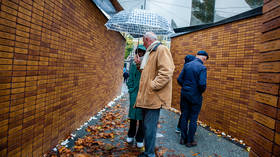Single antibody shot protects monkeys from HIV for 6 months, trials show
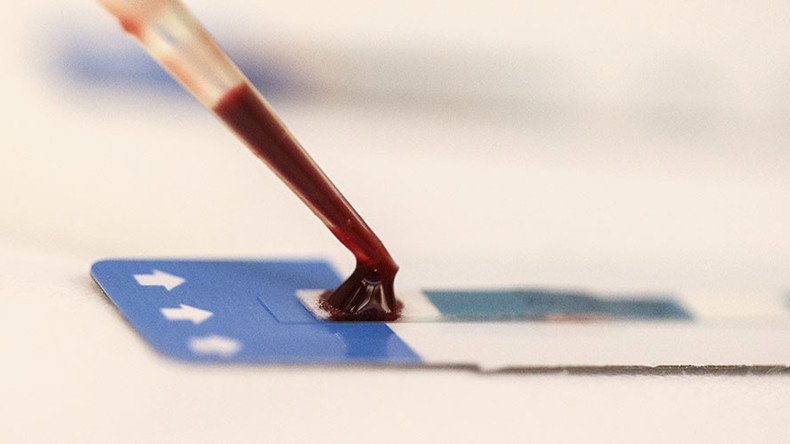
While a lifetime vaccine for HIV still remains unavailable, a major breakthrough experiment using a different technique paves the way for effective long-term protection against the deadly virus.
“This might turn out to be a seasonal alternative to a vaccine until we really know how to make one,” said HIV researcher Malcolm Martin of the US National Institute of Allergy and Infectious Diseases in Bethesda, Maryland, the lead author of a new study published in Nature.
An injection of HIV-targeting antibodies can protect monkeys from the simian version of the virus for nearly 6 mths https://t.co/ELYWwFGj99
— nature (@nature) April 27, 2016
A vaccine activates the organism’s own defense, so that it begins producing antibodies that fight a disease. But in this case, American and German scientists injected ready-made antibodies which were produced by infected humans and then processed in a lab.
During the trial study, a group of macaques were exposed to doses of HIV, and its simian equivalent SIV, with scientists noting that the animals became infected within two to six exposures.
Four groups of other healthy macaques were then given various formulations of antibodies, then exposed to the disease once a week.
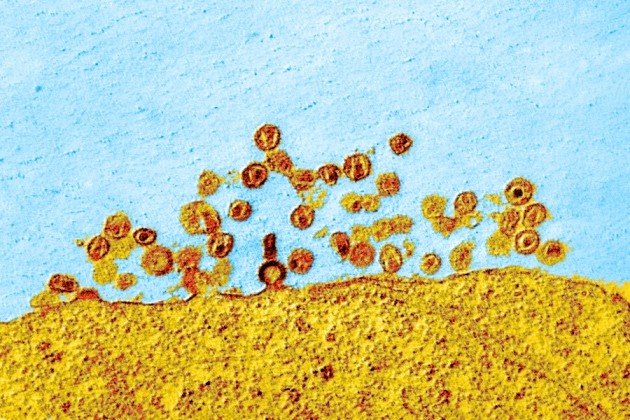
Results were notable: depending on which antibodies they were given, the monkeys managed to stay healthy through 12 to 23 weekly exposures, with risk gradually growing as the concentration of antibodies in the bloodstream declined.
#ImmunoTherapy | Single injection of anti-HIV antibodies delay infection | MMartin @Naturehttps://t.co/Eg8qrU1h8Dpic.twitter.com/fhqcKNE2nO
— McHeyzer-Williams (@mmw_lmw) April 27, 2016
"The result is surprising," Ruth Ruprecht, director of the AIDS Research Program at Texas Biomedical Research Institute, who was not involved in the study, told The Verge. "I am astonished by how long protection lasted."
“A caveat is that monkeys are not humans, but the model the authors use is about as good as it gets, and the results are a boost to HIV vaccine research and the use of passive antibodies as long-acting preventives,” immunologist Dennis Burton of the Scripps Research Institute in La Jolla, California, another outside observer, said to Nature.
Similar so-called passive immunization is already used to combat a number of illnesses, including anthrax, botulism, hepatitis and chicken pox.
But it is considered a less-than-ideal remedy, as boosters need to be taken regularly, and the cost of synthesizing enough antibodies to combat a disease that infects millions is currently prohibitive.
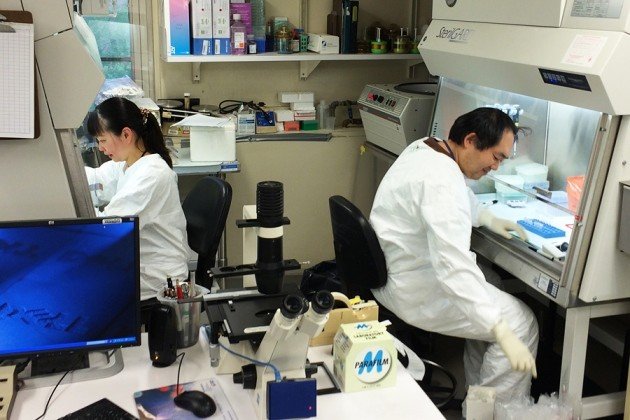
Researchers in the new study are tweaking one of the antibodies they tested, to make sure it lasts even longer. Eventually, several antibodies would be combined to produce a cocktail, and one of those is already undergoing human trials in Brazil, which are expected to produce results by the start of the next decade.
The scientists involved believe that passive immunization would work even better on people, because unlike monkeys - some of which began to develop their own immune response to the helper antibodies, treating them as foreign - human organisms would easily accept the outside biological material.
"What the data in this study is suggesting is that six months of protection may be achievable and with improved technologies we might even do better than that," David Montefiori, the director of the Laboratory for AIDS Vaccine Research and Development at Duke University, who did not take part in the study, told The Verge.
With 37 million HIV patients around the world requiring lifetime medical care, finding a preventative cure has been key. So far, the most effective therapy is PrEP, a pill which has to be taken daily to avoid infection, and PEP, which is administered after a risky exposure to stop the virus taking hold.
The new therapy would be a significant step up.
“This has the advantage over PrEP because you don't have to worry every day — that's the take-home point here,” said Martin.






